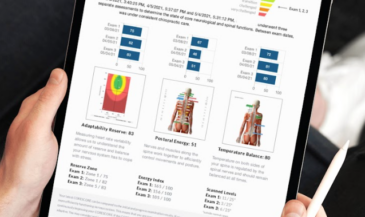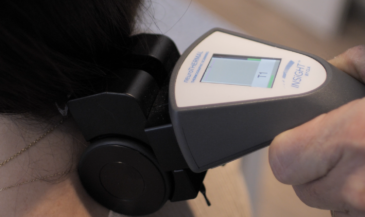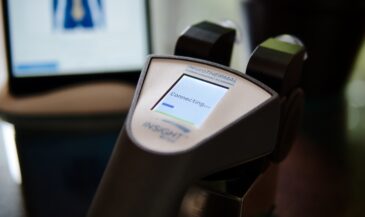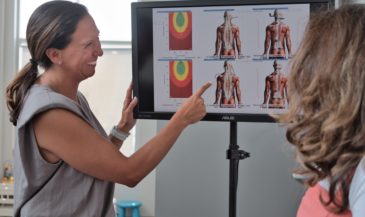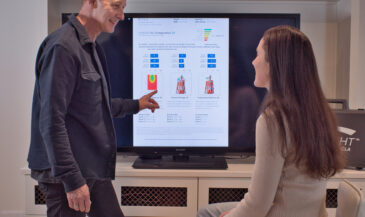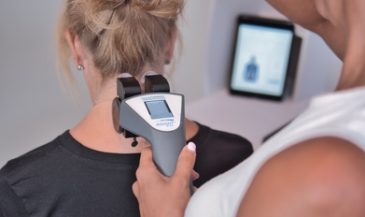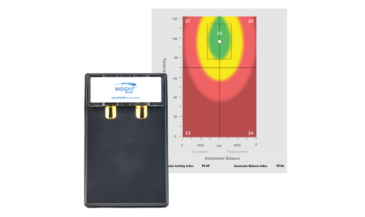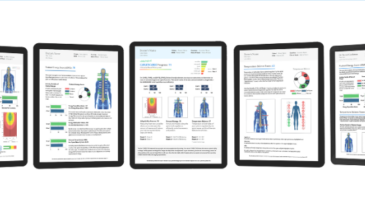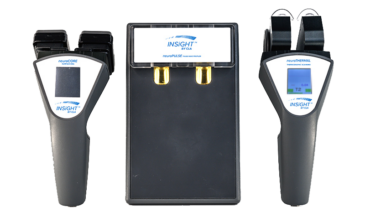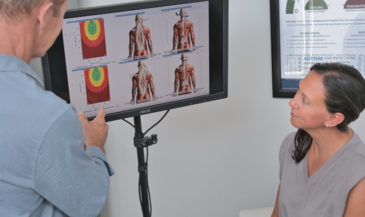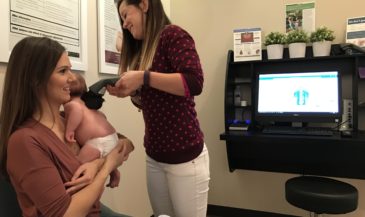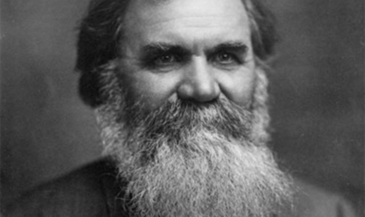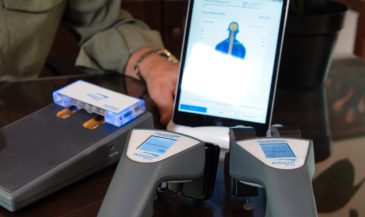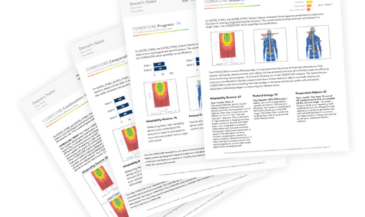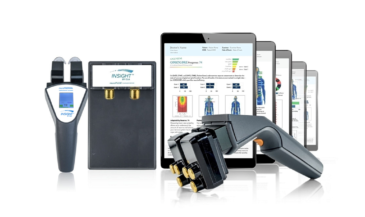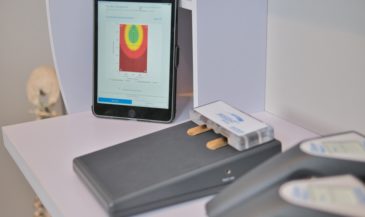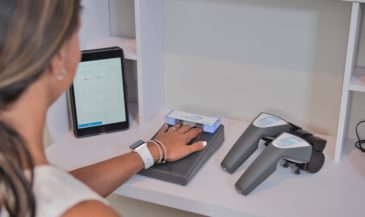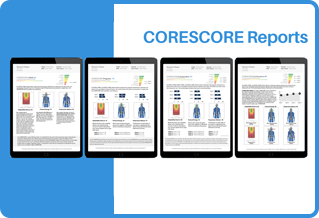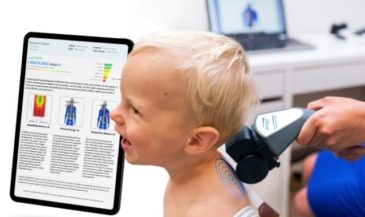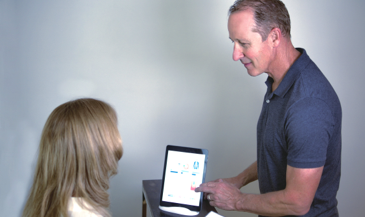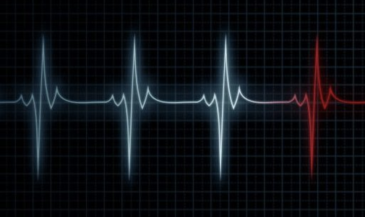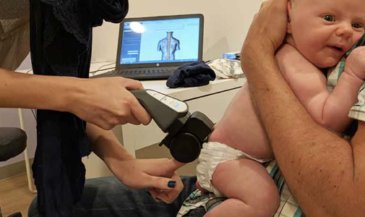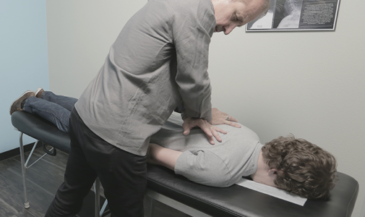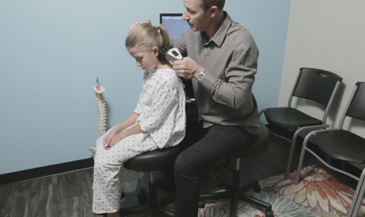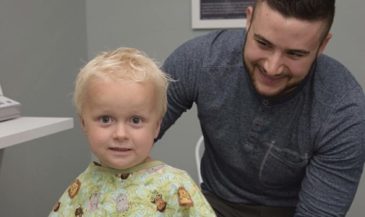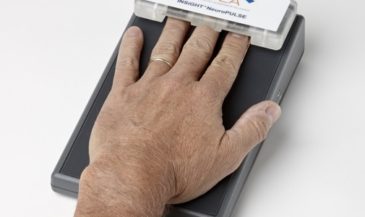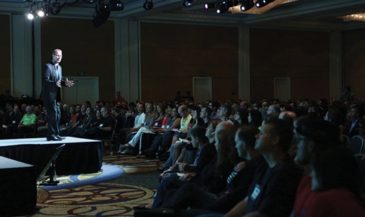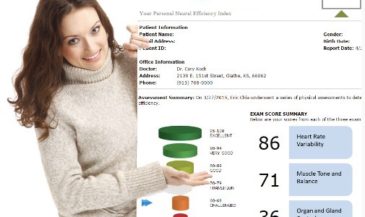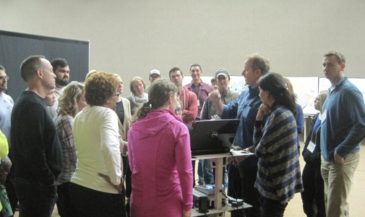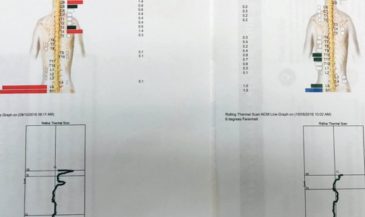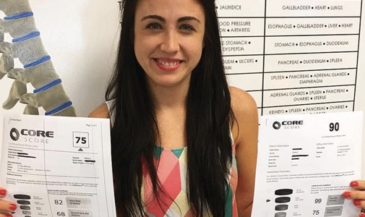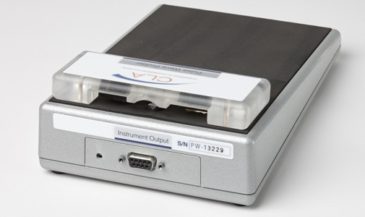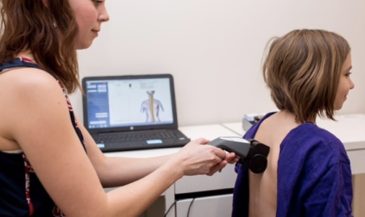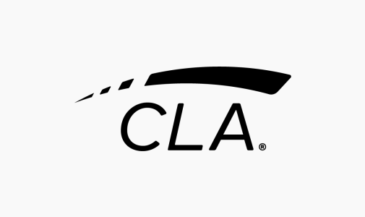Previous columns (1,2) have explored the history of the chiropractic concept of the mental impulse, and the role of neuropeptidies in cellular communications. This month, I will discuss additional mechanisms of neural communication associated with mental impulses.
Communication between the brain, the immune system, and the nervous system has been the object of recent research. Multiple channels of communication between the brain and the immune system have been described, including direct contact between nerve terminals and lymphocytes in the spleen and thymus. In addition, altered splenic sympathetic nerve activity has been found to be causally related to altered immunological responses. Such responses include natural killer cytotoxicity (3).
Another report suggests that vagus nerve activation modulates memory formation. Specifically, human subjects had better memory retention following vagal stimulation than when vagal stimulation was not applied (4). The possible implications of chiropractic care on vagus nerve function should be explored, since the nodose ganglion of the vagus is also connected to the first and second cervical nerves (5).
According to Yokoyama (5), there is bidirectional communication between the nervous system and immune system. Neuromodulators released by the nervous system influence immune function. Activated immune cells release an array of immunomodulators that influence the function of the nervous system.
Misery (6) describes how nerve fibers in the skin may secrete a variety of neuromediators. Neuromediators and neurohormones may also be secreted by cutaneous cells. Immune cells which are transient in the skin are modulated by neuromediators through receptors. It is concluded that the skin, the nervous system, and the immune system are not independent, but employ the common language of cytokines and neuroreceptors.
Modulation of immune cell function by the autonomic nervous system has been reported. The sympathetic nervous system directly innervates major lymphoid organs. It has been suggested that altered sympathetic regulation may be associated with the immunological abnormalities seen in chronic stress, clinical depression, and ageing (7). According to Esquifino and Cardinali (8), the autonomic innervation of the lymphoid tissue is currently considered to be a channel for neural regulation of immunity.
In chiropractic practice, sympathetic activity may be assessed using skin temperature instrumentation (9). As basic science research reveals the role of the sympathetic system as an immunomodulator, chiropractic clinical research should be directed toward exploring the relationship between vertebral subluxation and immune system activity.
Reference
1. Kent C: “The mental impulse.” The Chiropractic Journal. November 1998.
2. Kent C: “The mental impulse — mechanisms.” The Chiropractic Journal. January 1999.
3. Hori T, Katafuchi T, Take S, et al: “The autonomic nervous system as a communication channel between the brain and the immune system.” Neuroimmunomodulation 1995;2(4):203.
4. Nature Neuroscience 1999;2:94, quoted in Reuters Health, 12/21/98.
5. Cole WV: “Physiologic communications and controls.” In: Hoag JM (ed): “Osteopathic Medicine.” McGraw-Hill, New York. 1969.
6. Misery L: “Skin, immunity and the nervous system.” Br J Dermatology 1997;137(6):843.
7. Friedman EM, Irwin MR: “Modulation of immune cell function by the autonomic nervous system.” Pharmacol Ther 1997;74(1):27.
8. Esquifino AI, Cardinali DP: “Local regulation of the immune response by the autonomic nervous system.” Neuroimmunomodulation 1994;1(5):265.
9. “Vertebral Subluxation in Chiropractic Practice. Clinical Practice Guideline Number 1.” Council on Chiropractic Practice. Chandler, AZ. 1998.






